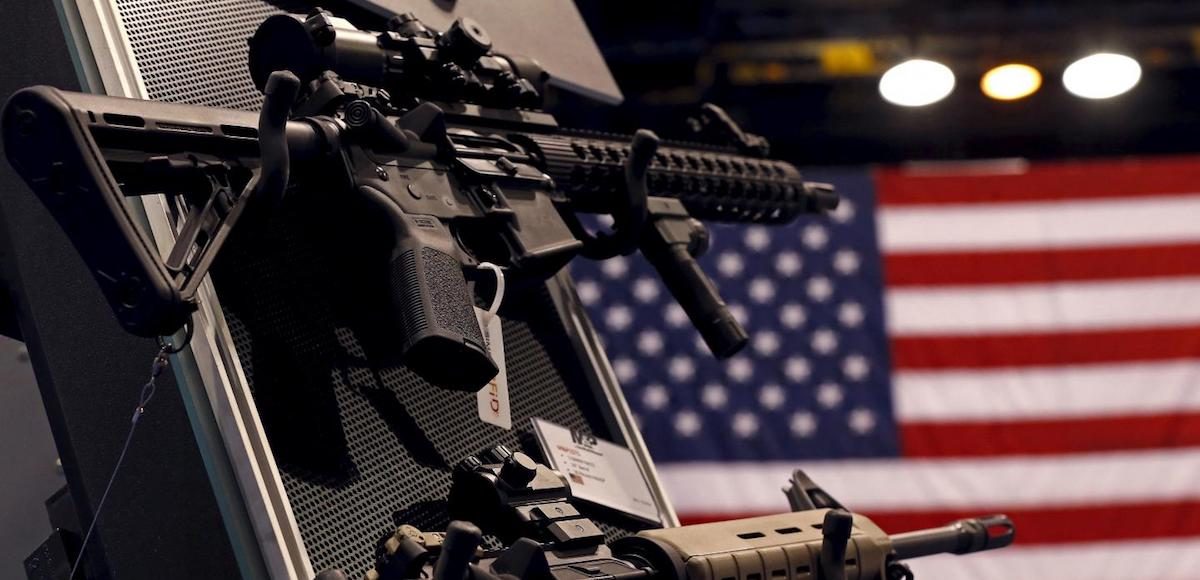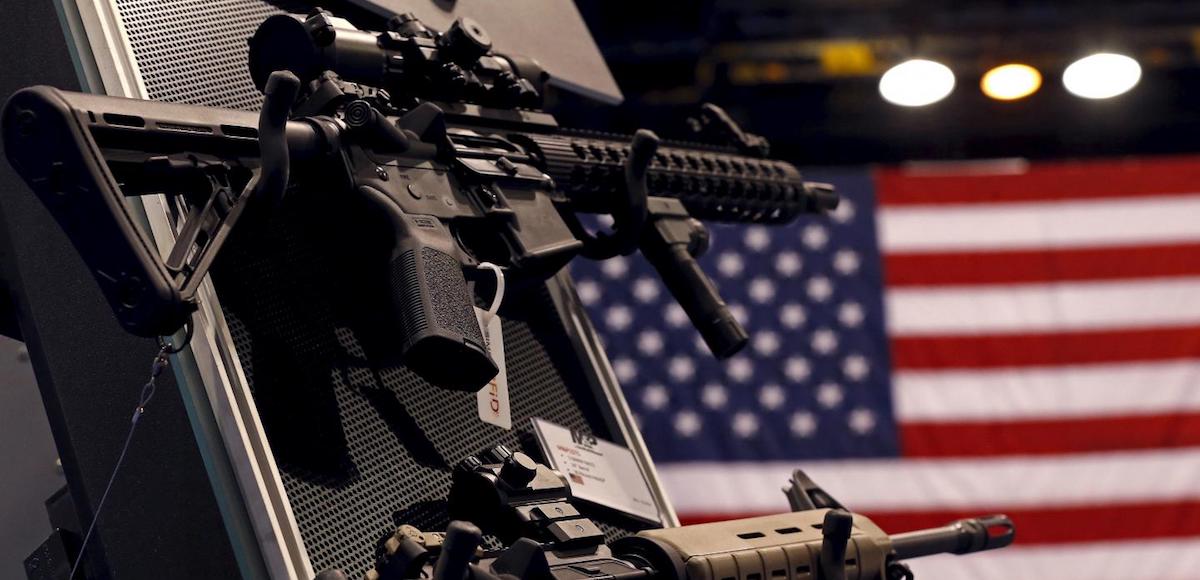

An exhibit booth for firearms manufacturer Smith & Wesson is seen on display at the International Association of Chiefs of Police conference in Chicago, Illinois, in this October 26, 2015 file photo. (Photo: Reuters)
Over the years, I’ve been pleasantly surprised to find intellectuals on the left who are willing to risk opprobrium from their ideological peers by acknowledging that gun control doesn’t make sense.
- In 2012, I shared some important observations from Jeffrey Goldberg, a left-leaning writer for The Atlantic. In his column, he basically admitted his side was wrong about gun control.
- Then, in 2013, I wrote about a column by Justin Cronin in the New York Times. He self-identified as a liberal, but explained how real-world events have led him to become a supporter of private gun ownership.
- Most recently, in 2015, I shared a column by Jamelle Bouie in Slate. Bouie addresses the left’s fixation on trying to ban so-called assault weapons and explains that such policies are meaningless.
Now we have another addition to the list.
In a must-read column in the Washington Post, Leah Libresco admits that the research shows that gun control simply doesn’t work. She starts by openly confessing her bias.
Before I started researching gun deaths, gun-control policy used to frustrate me. I wished the National Rifle Association would stop blocking common-sense gun-control reforms such as banning assault weapons, restricting silencers, shrinking magazine sizes and all the other measures that could make guns less deadly.
She then points out that she and other researchers did a thorough investigation of gun deaths and found that restrictions on gun ownership would not have saved lives.
…my colleagues and I at FiveThirtyEight spent three months analyzing all 33,000 lives ended by guns each year in the United States, and I wound up frustrated in a whole new way. We looked at what interventions might have saved those people, and the case for the policies I’d lobbied for crumbled when I examined the evidence.
She looked at international data and the case for gun control evaporated.
I researched the strictly tightened gun laws in Britain and Australia and concluded that they didn’t prove much about what America’s policy should be. Neither nation experienced drops in mass shootings or other gun related-crime that could be attributed to their buybacks and bans. Mass shootings were too rare in Australia for their absence after the buyback program to be clear evidence of progress. And in both Australia and Britain, the gun restrictions had an ambiguous effect on other gun-related crimes or deaths.
…no gun owner walks into the store to buy an “assault weapon.” It’s an invented classification that includes any semi-automatic that has two or more features, such as a bayonet mount, a rocket-propelled grenade-launcher mount, a folding stock or a pistol grip. But guns are modular, and any hobbyist can easily add these features at home, just as if they were snapping together Legos. …silencers limit hearing damage for shooters but don’t make gunfire dangerously quiet. An AR-15 with a silencer is about as loud as a jackhammer. Magazine limits were a little more promising, but a practiced shooter could still change magazines so fast as to make the limit meaningless.
So what’s her bottom line? Well, Libresco still doesn’t like guns, but she’s intellectually honest about the fallacy of gun control.
By the time we published our project, I didn’t believe in many of the interventions I’d heard politicians tout. I was still anti-gun, at least from the point of view of most gun owners, and I don’t want a gun in my home, as I think the risk outweighs the benefits. But I can’t endorse policies whose only selling point is that gun owners hate them.
Very well stated.
Let’s close with two infographics from Reddit‘s libertarian page. I can’t personally vouch for every factoid, but based on what I’ve previously shared (see here, here, here, and here), I would be quite surprised if this information isn’t accurate.

And here’s the second one.







